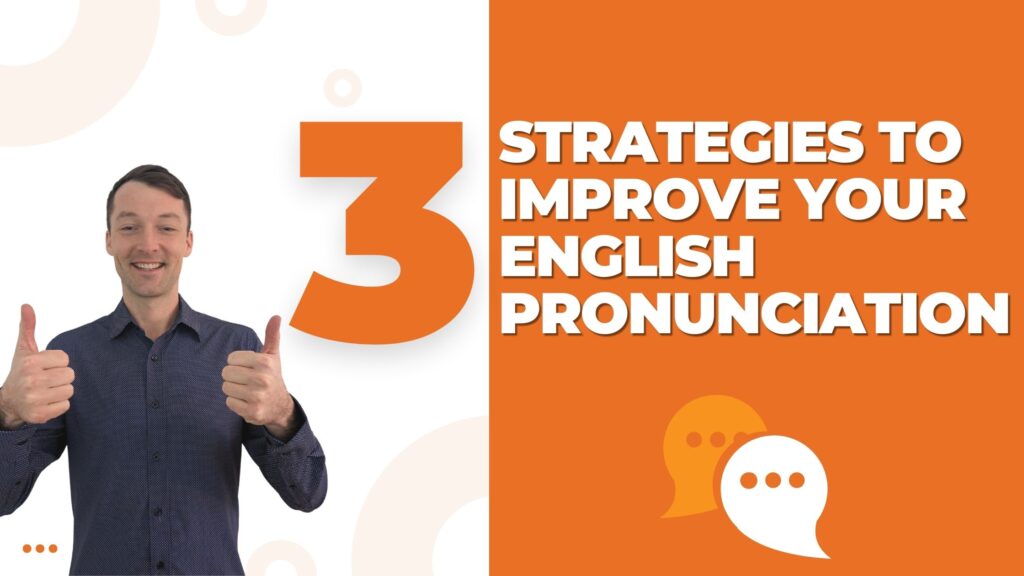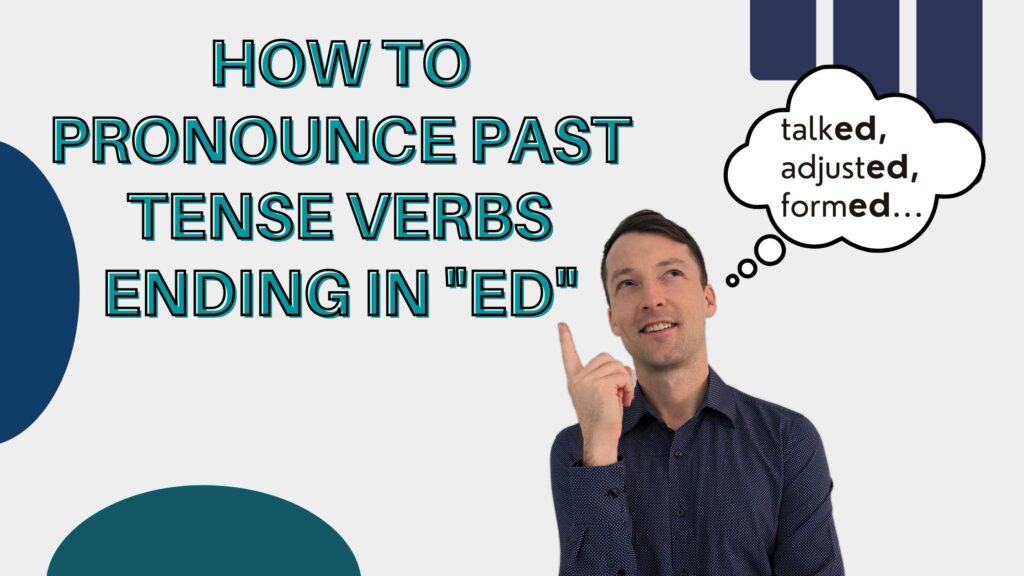Reported speech is not speech that you hear directly. It is speech that someone else tells you about. For example, if you have conversation with Bob, you hear everything that Bob says. I was not there, so I did not hear Bob speak. If you tell me about your conversation with Bob later on, you are “reporting” Bob’s speech to me. This is reported speech. In this posting I give many examples of reported speech. I also talk about how to express reported speech correctly. The download at the end will give you practice changing direct speech (someone’s exact words) into reported speech.
Reported speech is sometimes called indirect speech. Here is an example of direct speech. Note the use of quotation marks around the speaker’s exact words. Juan said,”I like to eat hot dogs.” The words, I like to eat hot dogs, came directly out of Juan’s mouth. Now suppose it is several hours later. You and I are having a conversation. I ask you what Juan likes to eat. Here is what you say. Juan said that he likes to eat hot dogs. This is reported or indirect speech. Sometimes tenses and pronouns change when you change direct speech to reported speech.
Reported speech when says is in the simple present tense
When we use reported speech when says is in the simple present, use this formula: subject + says/ tells me/explains/states + (that) + subject + verb in same tense as direct speech. Note that you can use any of several verbs for says (tells me, explains, states). Below you will see an example of direct speech, and then reported speech. You may use the word that if you wish, but you don’t have to. It does not change the meaning.
- Maria says, ” I am happy.”
 Maria says that she is happy. Note that I becomes she. Note also that the be verb remains in the simple present tense.
Maria says that she is happy. Note that I becomes she. Note also that the be verb remains in the simple present tense. - Juan says,” I’m working at a bank right now.
 Juan says that he is working at a bank right now. The verb remains in the present continuous tense.
Juan says that he is working at a bank right now. The verb remains in the present continuous tense. - He tells me, ” I drove to Santa Fe last week.”
 He tells me that he drove to Santa Fe last week. Note that the pronoun does not change. It only changes for the first person singular. The verb drove remains in the simple past.
He tells me that he drove to Santa Fe last week. Note that the pronoun does not change. It only changes for the first person singular. The verb drove remains in the simple past. - My aunt states, “I will visit London next year.”
 My aunt states she will visit London next year. Note that will visit remains in the simple future tense.
My aunt states she will visit London next year. Note that will visit remains in the simple future tense.
Reported speech when said is in the simple past
Most of the time when you use reported speech, the verb said (told me, explained, stated) will be in the simple past. After all, when you are reporting speech, you are talking about an action that happened in the past. When this happens, the main verb will change tenses. Again, you can use the word that, or not use it. It does not matter.The pronoun I will change to he or she. Here is the formula to use: subject + said/told me/explained/stated + (that) + subject + verb in new tense. Below you will see an example of direct speech and then reported speech.
- Simple present becomes simple past–He said,” I exercise every day.” He said that he exercised every day.

- Present continuous becomes past continuous–Ana told me,” I am studying Portuguese this year.” Ana told me that she was studying Portuguese this year.

- Present perfect becomes past perfect–They explained,” We have lived in the mountains for many years. They explained that they had lived in the mountains for many years.

- Simple past becomes past perfect–Mr. Smith stated,” I returned my library book.” Mr. Smith stated that he had returned his library book.

- Simple future with be going to becomes was/were going to. They said,”We are going to move to Utah. They said that they were going to move to Utah.

- Simple future with will becomes would–Marta told me,”I will finish my studies next year.” Marta told me that she would finish her studies next year.

- The modal can becomes could–Ahmed said, “I can’t meet you tomorrow.” Ahmed said that he couldn’t meet me tomorrow. Note the use of the negative.

Reported speech using informal English
Sometimes you will hear reported speech with said in the past tense with no change in the tense of the main verb. This is informal English and is acceptable in causal conversation. However, if you want to speak really correct English, or in writing, you should change the verb tenses as needed.
You now know that reported speech tells you what someone else has said when you were not there. Including the word that is optional. The pronoun I will change to he or she in reported speech. When using reported speech when said, told me, explained, or stated is in the simple past tense there are rules for verb tense changes in the main verb of the sentence:
-
Simple present changes to simple past.
-
Present continuous changes to past continuous.
-
Present perfect changes to past perfect.
-
The simple past changes to past perfect.
-
Simple future with am/are/is going to changes to was/were going to.
-
Simple future with will changes to would.
-
The modal verb can changes to could.
The download will give you additional practice changing direct speech to reported speech.
You can download the practice sheet now!
Idioms of the day
- to know the ropes–This means to be very familiar with the way a company, a school, or a family works. I’m glad I’m working with Jacob. I’m new at this job, but Jacob has been with the company for many years. He really knows the ropes around here.

- a whole new ball game–This means a situation that is completely different from the situation in the past. I knew the ropes at my last job, but this job is a whole new ball game. I’m pretty lost.





